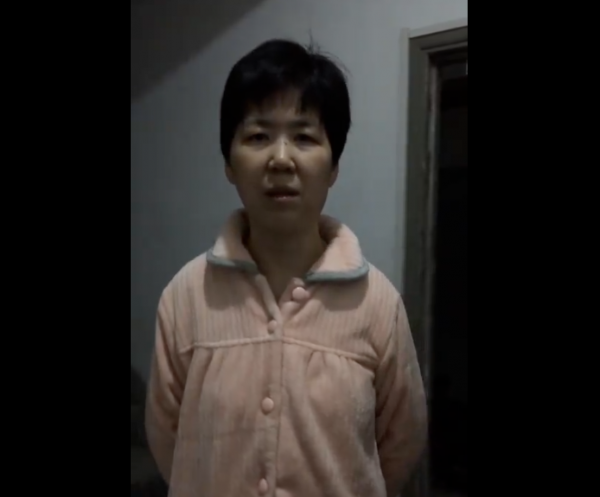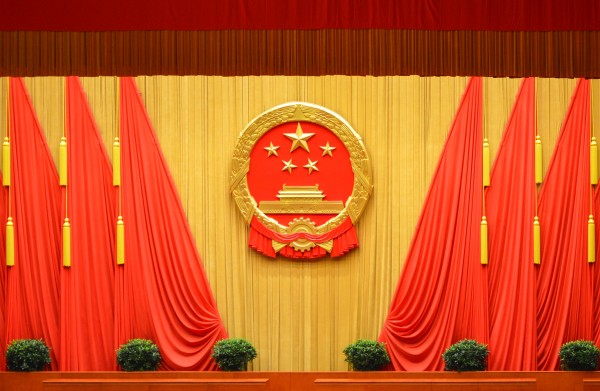An Uighur former website editor and journalist, Hailaite Niyazi, has been detained since 1 October, when he was taken from his home by Chinese police, AP reported on Friday.
Niyazi was the former manager and editor of Uighurbiz.net, and had previously worked for state-run newspapers.
Niyazi’s arrest comes three weeks before a presidential visit to China by US President Barack Obama.
IPI calls on President Obama to raise the issue of China’s treatment of journalists during his talks.
“President Obama’s administration has already called on China to reassure the world that its development will not come at the expense of the well-being of others”, said IPI Director David Dadge. “We urge the President to highlight China’s continued mistreatment, harassment and censorship of journalists, and to make sure that the country’s unacceptable record on press freedom is not overshadowed by the international community’s desire to do business with China.”
Ilham Tohti, a Beijing-based academic, and owner of Uighurbiz, told the Associated Press that Niyazi’s family had been informed on 4 October that he was suspected of endangering national security, and believed that the arrest may have been connected to interviews he gave to foreign media in the aftermath of the July 2009 riots in the Xinjiang province.
China responded to the riots – sparked by longstanding tensions between the majority Han community and the minority Uighurs – with a sustained crackdown. More than 200 people were killed in the violence.
Chinese authorities arrested over 1000 people in the weeks following the riots. Families of many of those arrested have not heard from them since.
China has also clamped down on online and phone communication in the Xinjiang region. According to news reports, the internet is still heavily censored in the region, with as many as 85% of the websites dedicated to the Uighur community unreachable within Xinjiang.
According to a Radio Free Asia report, Xinjiang’s People’s Congress Standing Committee has also passed a new law, called the “Information Promotion Bill,” which bans people in the region from using the Internet “in any way that undermines national unity, incites ethnic separatism, or harms social stability.”
This is not the first time China has targeted Uighur journalists for allegedly endangering national security or fostering separatism. Mehbube Ablesh, a reporter with Xinjiang’s People’s Radio Station, was arrested in August 2008 and continues to be held in an unknown location.
In 2004, authorities sentenced Uighur journalist Nurmuhemmet Yasin, to ten years in prison reportedly for writing a short story about a caged bird that longs for freedom.
Officials at the Chinese Embassy in Vienna were not available for comment.


